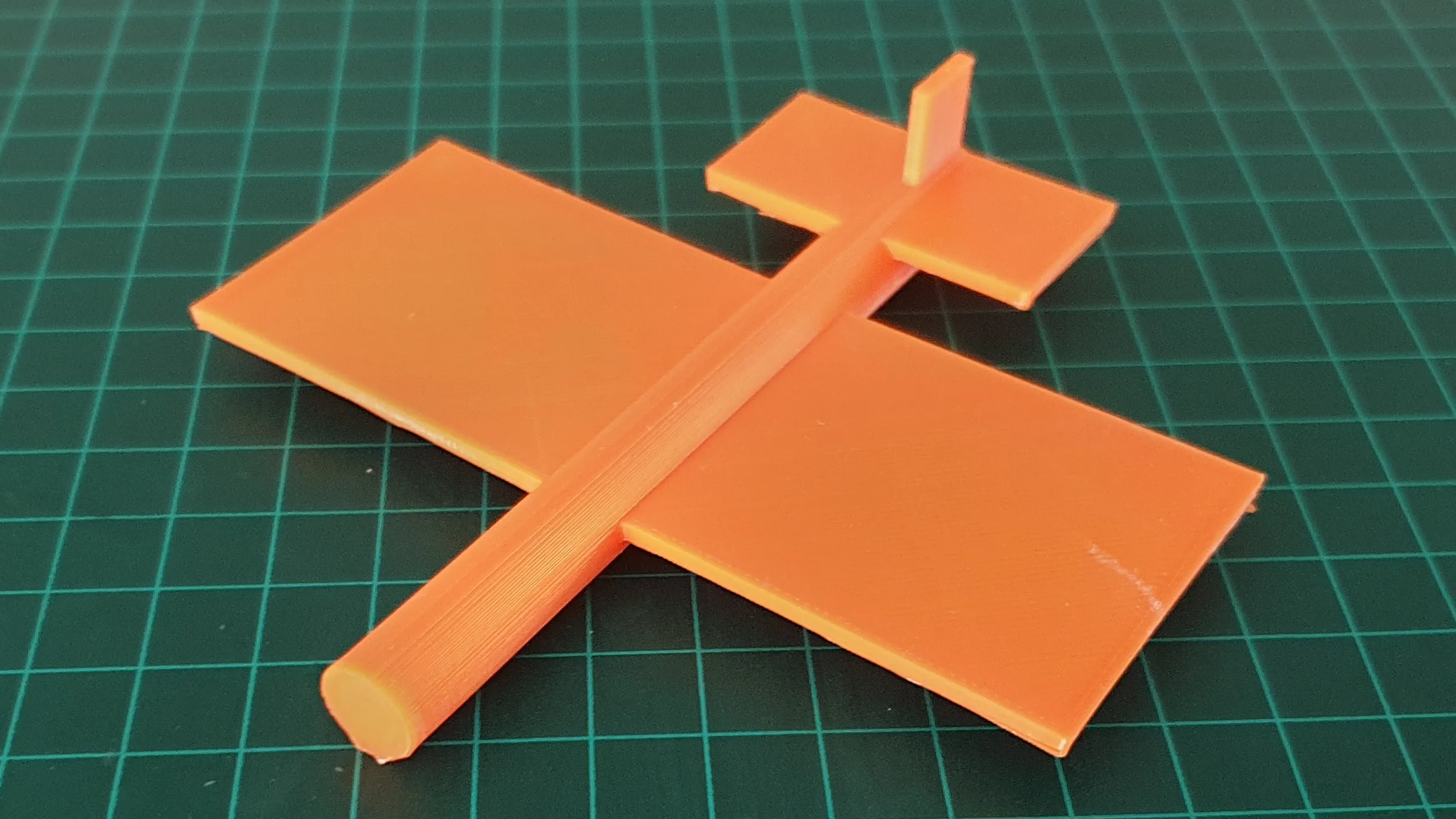The maths to describe the flight of a ball is indeed fiendishly complex
You think so?
It's basically a parabola, which mathematically is trivial. Add stuff in for air resistance, any spin, maybe more, like the variation in "g" through the flight - there's no mystery there, it's only Newtonian physics. That's how radar can track an incoming shell and fire one back which hits the aggressor's muzzle.
Close to what table-tennis or badminton playing drones use. Analyze, predict, react - using learned info.
Maths is just procedures, "easy" for mathematicians. Getting your drone in the right place to bat the ball back at the right angle and speed is much harder maths than knowing where a ball's going.
It seems woo-woo magic to anyone who's never come across how it works - which would usually be through formal education, innit.
Dealing with associative, abstract, conceptual, and other relations is much harder; which goes into psychology (and more) to describe, understand and reuse the ways
people do something. Once understood, that can be programmed. Same with morality, or a load of other disciplines not normally considered by engineers programming how, say, drones fly.
It's understandable to think something is beyond AI, if one doesn't happen to have learned at least in principle, how the something, works.
AI can do a lot better, partly because it learns, building a library of axiomatic procedures which it can try, in large numbers, then assess the effects, and then try them in combination. Those rules may not have a parallel with the way humans work things out.
And it doesn't forget.





